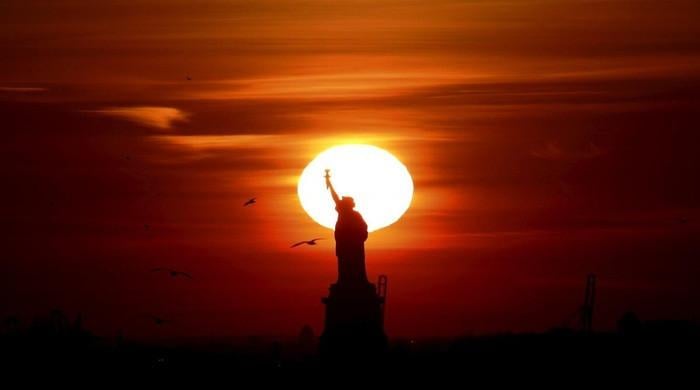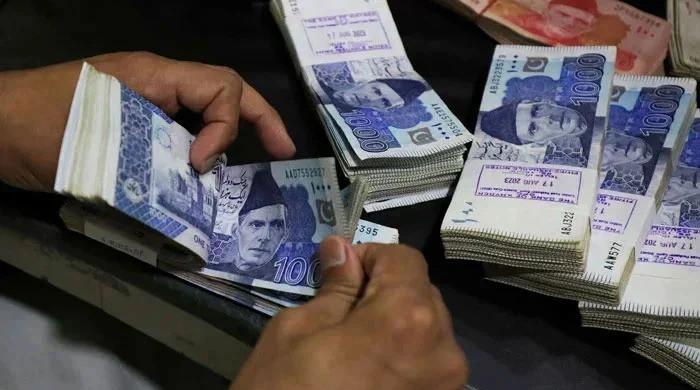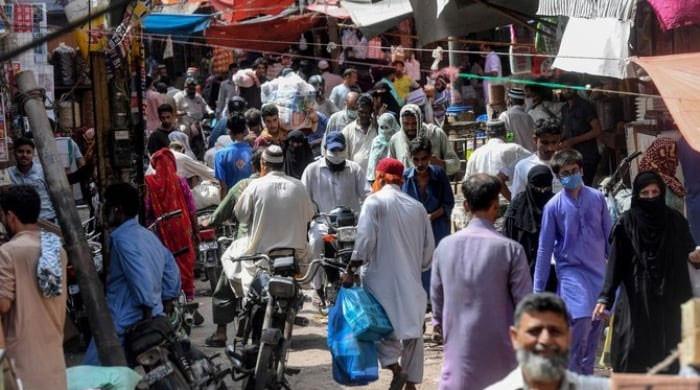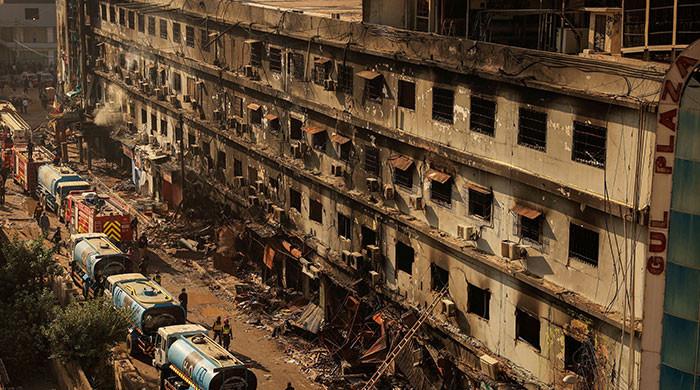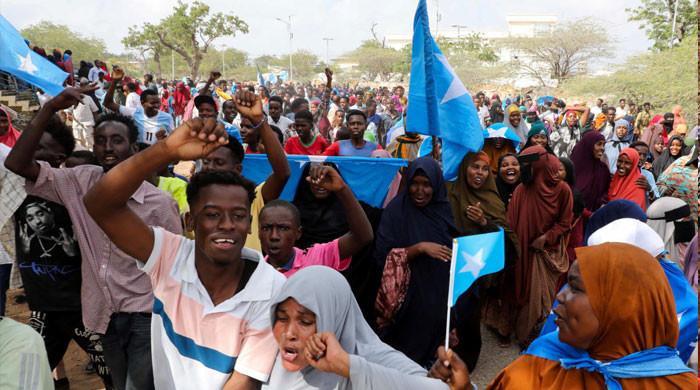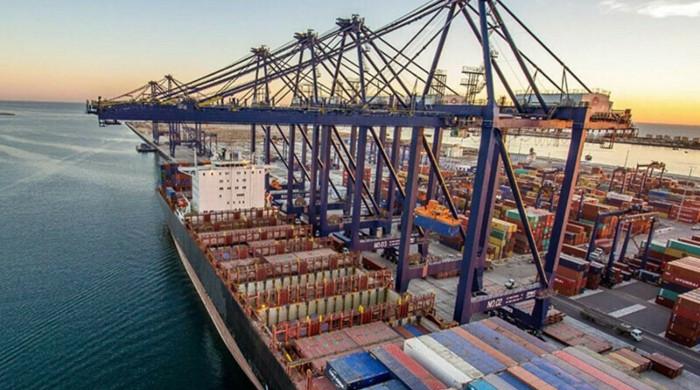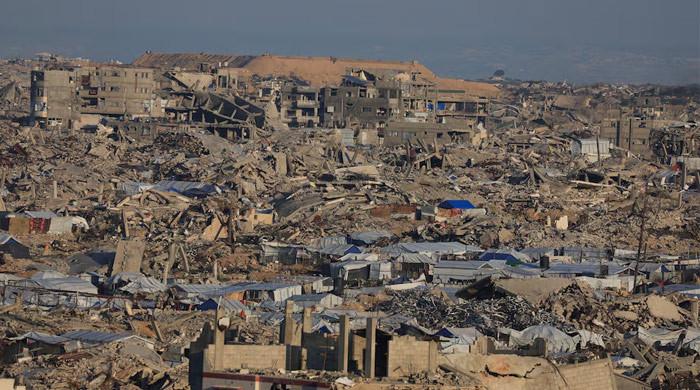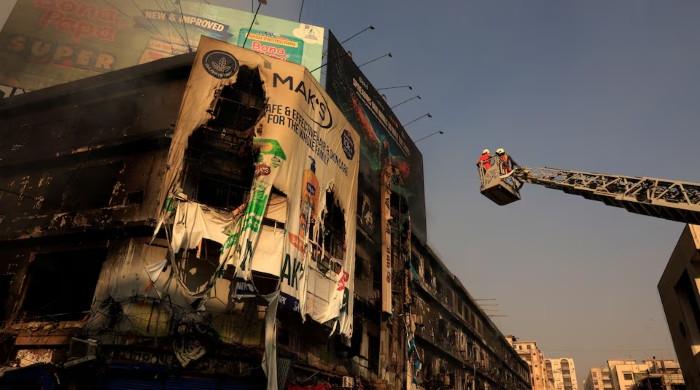Beyond blame: Why Pakistan's athletes struggle on global stage
It is vital to celebrate and praise our athletes' accomplishments, not just criticise them when they fail due to reasons beyond their control
July 31, 2024
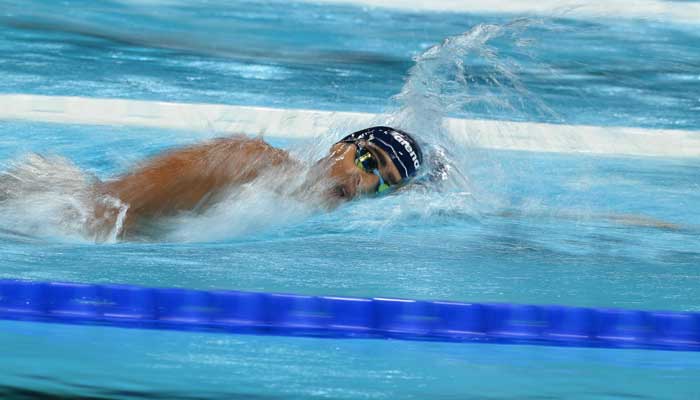
The Paris Olympics 2024 is in full swing, with many countries making history, but Pakistan has made headlines only for the wrong reasons, as it failed to invest in its highly talented athletes to prepare them for such a competitive event amid administrative, political, and financial foul play.
Our athletes' failures to progress beyond the preliminary stages of competition as of July 30th should instead be aimed at Pakistan’s deeply flawed sporting system, institutions and general approach to sports.
The seven athletes representing Pakistan at the Games, of which four qualified directly while three were wildcard entries, have reached their rank as best in the country in large part through their efforts rather than through the support of our national sporting bodies. In a nation of 240 million, only the limited few able to access swimming pools, shooting ranges, and other facilities can even attempt to learn the skills necessary to achieve sporting success.
At schools, there are fewer and fewer opportunities for sports with many parents and teachers insisting that young people going into sports will get nowhere. Indeed, given the dearth of funding or public recognition and celebrations of any athletes besides cricketers, it is true that the odds are stacked against young, talented sportspersons with the potential to take the country to new heights. Some such as swimmer Jehanara Nabi, who swam the 200m freestyle in Paris, see no choice but to leave behind their family and home to train in facilities overseas in hopes of reaching the Olympic stage which every athlete dreams of.
In return, she and her fellow swimmer Ahmad Durrani have received only criticism from the media. This criticism does nothing to encourage young Pakistanis to pursue sports as a profession; if we are to hope to inspire the future generation of the country, we need to uplift and praise the efforts of our athletes and create sporting ‘heroes’ beyond cricket.
The lack of support or concern for athletes continues even at the Games themselves. Rather than prioritising sending coaches, who would be able to provide crucial counsel through the biggest event of the athletes’ lives, appears those making decisions are all too happy to in some cases send ‘administrative officials’ and others who have links to influential individuals to accompany athletes. While these persons are certainly skilled at occupying centre stage for photo opportunities, it is unclear what real benefit they can offer the athletes through the competition.
Our sporting structure is to blame, and badly needs to be fixed. This must begin at the school level so that young children can be encouraged to take up sports of their choosing with the most talented facilitated so that they can reach the podium at top events. This groundwork at a young age is what the tiny Caribbean island of Jamaica, which has a population of 2.8 million and has won 87 Olympic medals since 1958, credits for its achievements. In contrast, Pakistan has won just 10 medals since its inception and none at all since 1992.
Beyond this, Pakistan must offer young people sporting heroes to inspire and drive them to success in all sporting disciplines. With the state broadcaster not airing the Olympics, there is a lack of public exposure to diverse sports. It is vital to celebrate and praise our athletes' accomplishments, not just criticise them when they fail. Recognising the hard work and dedication of athletes such as javelin thrower Arshad Nadeem, Pakistan’s primary medal hope for these Games, can encourage young talent to strive for excellence at the highest level.
Lastly, there is a dire need for more investment in our elite athletes. Pakistan's sports budget is $6.83 million, while India, with a population five times larger, has a budget of $411 million, which is 60 times greater. This significant disparity explains why Pakistan lags far behind India on the international sporting stage.
The writer is an athlete and has represented Pakistan in various international swimming competitions
Disclaimer: The viewpoints expressed in this piece are the writer's own and don't necessarily reflect Geo.tv's editorial policy.




